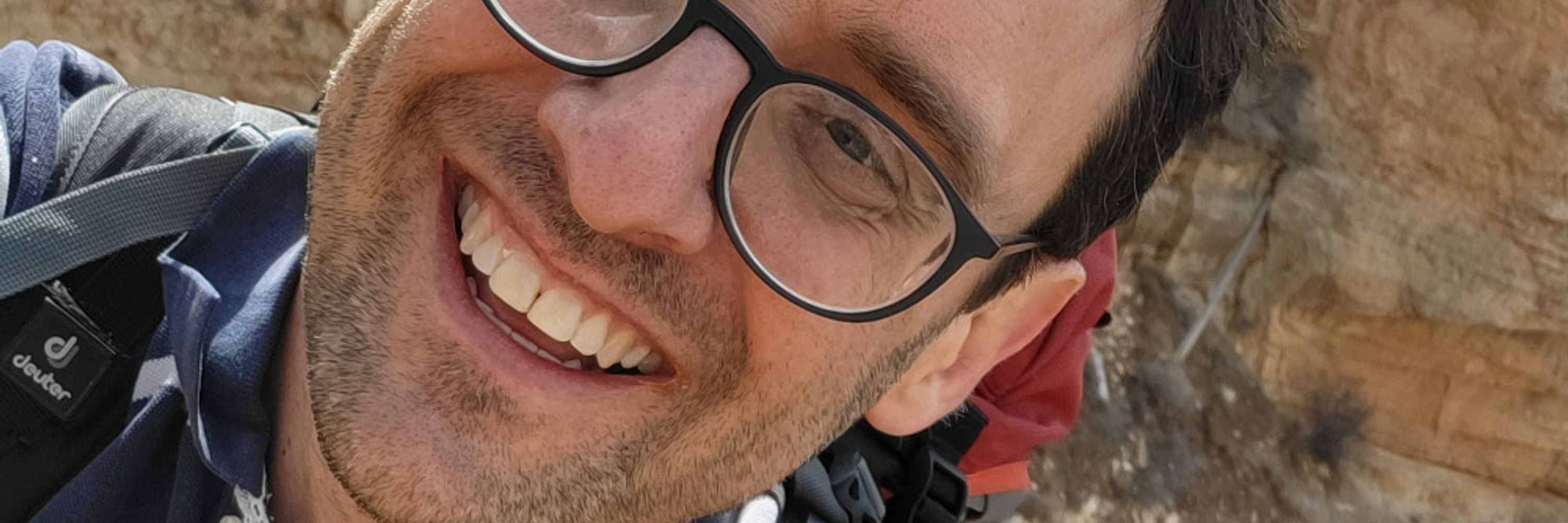








(also follow our lab account @erturklab.bsky.social for more stuff like this)

(also follow our lab account @erturklab.bsky.social for more stuff like this)












(stole this from @GlobalEcoGuy on the other place)

(stole this from @GlobalEcoGuy on the other place)




